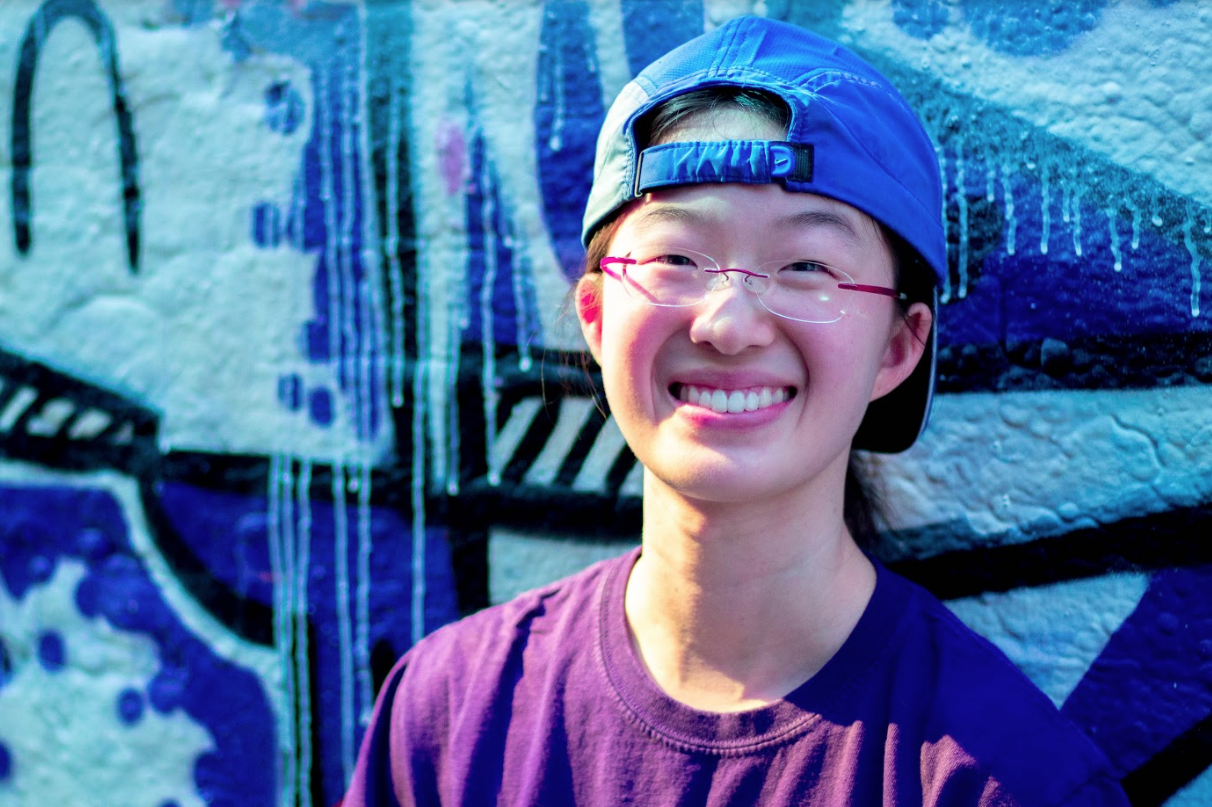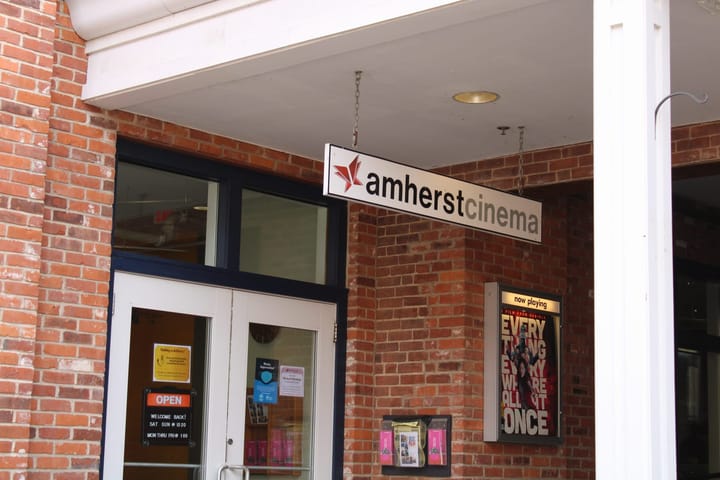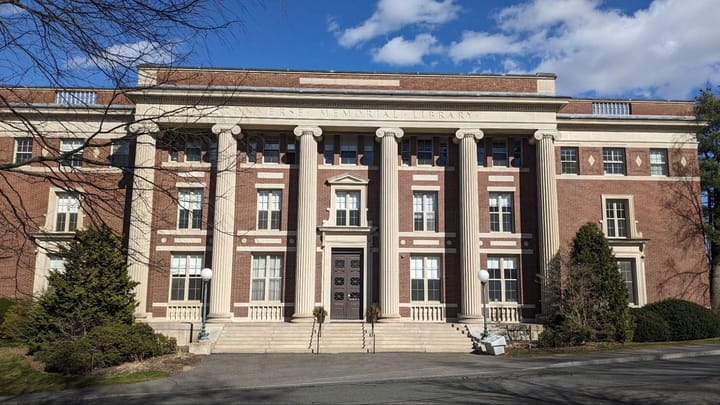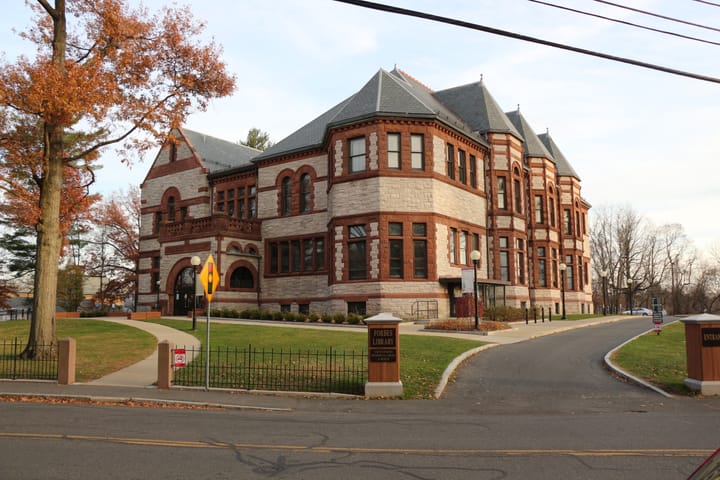Thoughts on Theses: Emily Park

Emily Park is a biochemistry and biophysics major. Her thesis examines how iron is regulated by internal biological mechanisms, specifically in plants. Her thesis advisor is Assistant Professor of Biology Jeeyon Jeong.
Q: Tell me about your thesis. A: As a bit of background, iron is an essential micronutrient for all organisms because it is used in many metabolic pathways. But if you have too much iron, it can be cytotoxic, or poisonous, to the cell. So, organisms have developed many mechanisms to help regulate iron, and we’re trying to understand iron homeostasis. My project is looking at iron acquisition and how that is regulated. I am looking into chromatin remodeling as a possible mechanism for those types of regulations in plants.
Q: How did you choose this topic? A: The super big picture is there is a problem with nutrient deficiency in the global health scheme. A lot of people today are iron deficient, which can lead to iron deficiency anemia. This can be treated through pills, but that is not accessible to a lot of places in the world. Another solution to this issue would be biofortification, or the genetic modification of plants so they themselves contain more nutrients. In the wide scheme of things this is pretty applicable to global health, and I am also pre-med, hoping to go into medical research. I actually joined the lab sophomore year, and I’ve been working on the project since then. I came into college knowing I wanted to do molecular biology, so biochemistry as a major was closest to that field. Professor Jeong works with molecular biologists, which is why I joined the lab. I wasn’t super interested in plants, which is the organism we use in the study, but learning about its inner workings is incredibly interesting.
Q: What has it been like being mentored through this process? A: Professor Jeeyon Jeong is my biology mentor. It is really interesting here, because you essentially take on the same role as a graduate student would in other universities, and your thesis is basically your own project which falls under your advisor’s interests. It’s really nice having independence and control over your own work, yet still having someone who is much more knowledgeable to rely on. It has been pretty collaborative in my experience, and I’ve learned not only how to do a science thesis, but also what my work would be like in the future if I wanted to go into academia.
Q: How is a science thesis different than non-science theses? A: Obviously, there is a lot of lab work that goes into it, because unlike a humanities thesis you have to generate your own data from experiments. You spend a lot of time in the lab, depending on what you’re doing, to try and get that data. And so your thesis is dependent upon your ability to troubleshoot and get results, and be able to explain those results in the context of your overall project.
Q: What do you think has been the most challenging aspect of writing a thesis? A: At this point, it’s synthesizing everything together and also managing time. I am currently juggling a lot of different experiments at the same time, which has been a logistical challenge. Initially, like with any other new thing, you’re trying to learn how to do procedures and the specifics of the method. But later on, you need to understand why you’re doing all these things and how they all fit together into answering a larger question.
Q: What has been the most rewarding aspect of this experience? A: Science is mostly failure, and you’re just trying to figure out how to fix things. But when you get something to work after trying so hard, that high is like, what you’ve been waiting for, and that doesn’t come up too often. So when you put in all the work and you finally get something out of it is probably the best part.
Q: Have you succeeded in biofortification? A: Biofortification is a ways down the road. We’re still trying to understand how a plant naturally works, and once we understand that then we can start altering them. I’ve answered parts of questions that we’ve had for quite a while, so we’re heading slowly towards our goal.
Q: Any advice for future thesis writers? A: If you have a question that you are interested in answering and you’re willing to put in the work, I would say go for it, but thesis-writing takes up a lot of time, and you essentially devote much of yourself to the project. I would be cautious in saying if you’re just kind of interested in doing a thesis, or you’re doing one for the sake of just doing one, don’t do it. For science theses specifically, I would say not to worry too much about figuring out the little details. Once you understand the larger picture then things usually fall into place. You have to be persistent throughout the entire process because it’s not going to be easy or come easily.





Comments ()